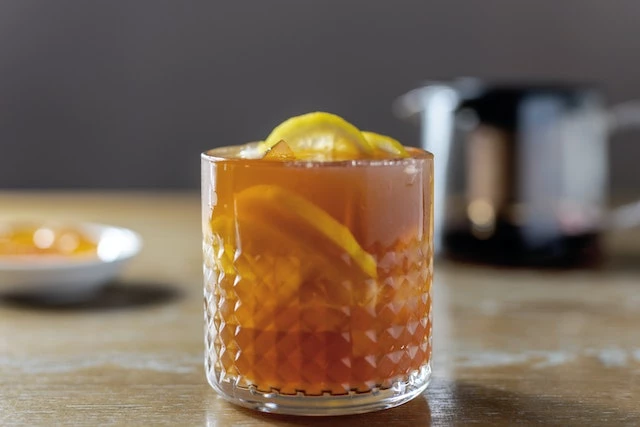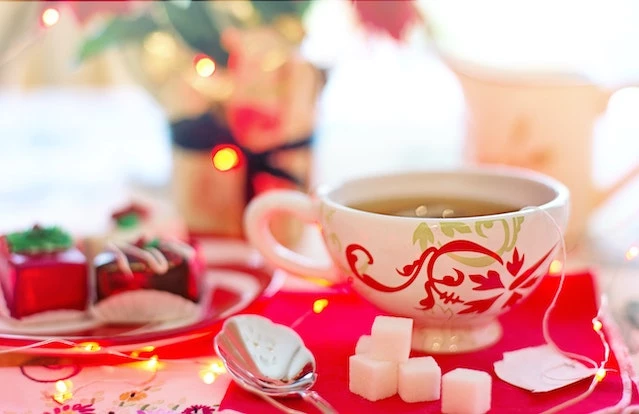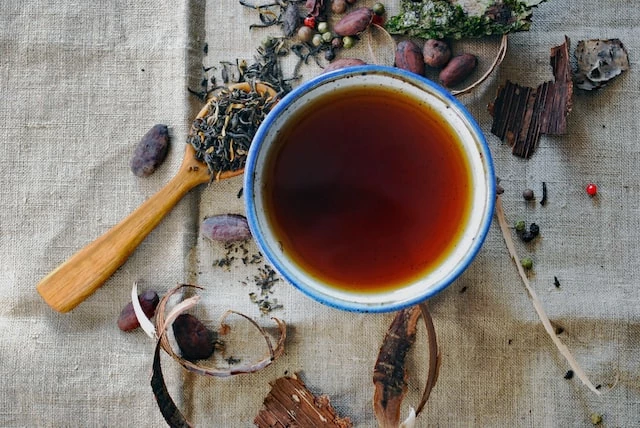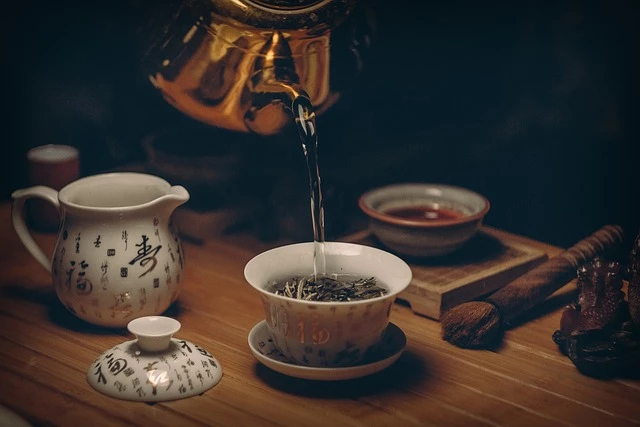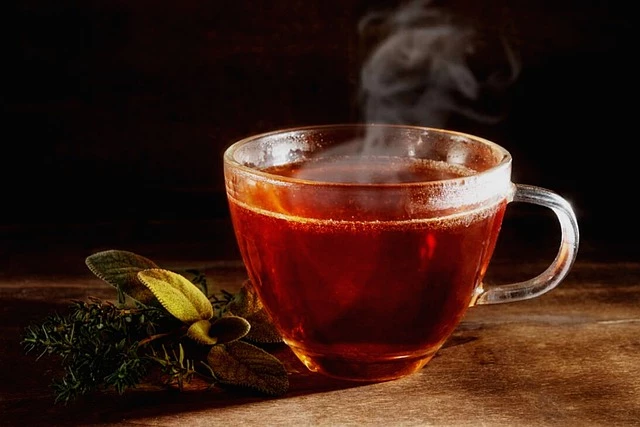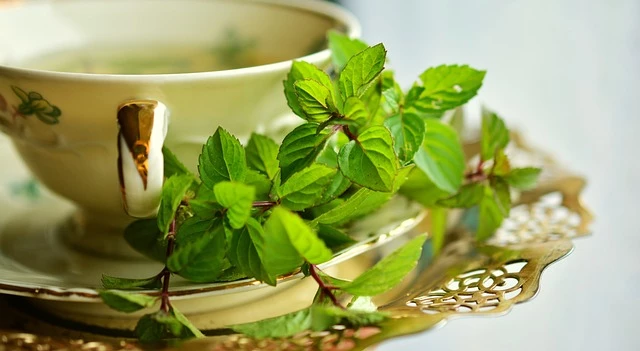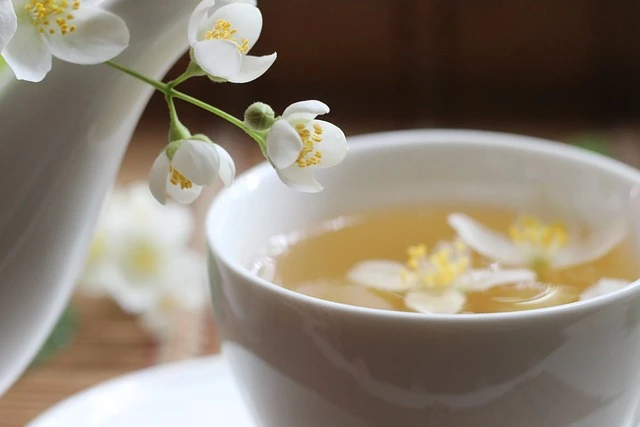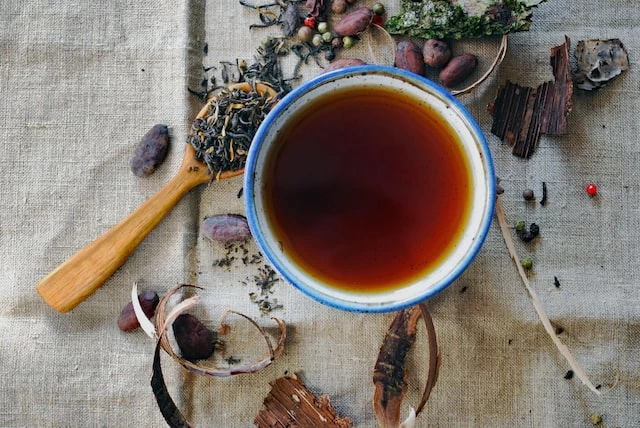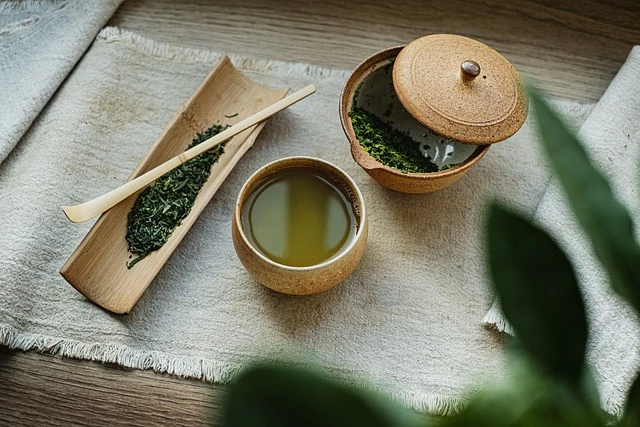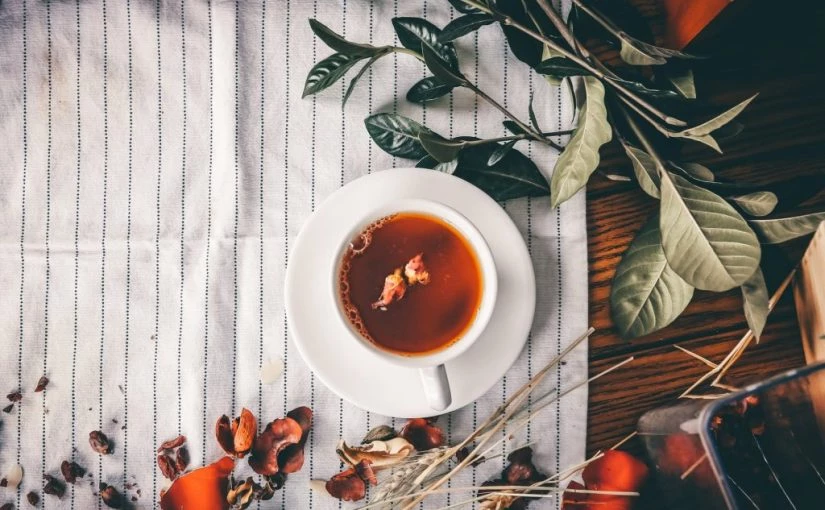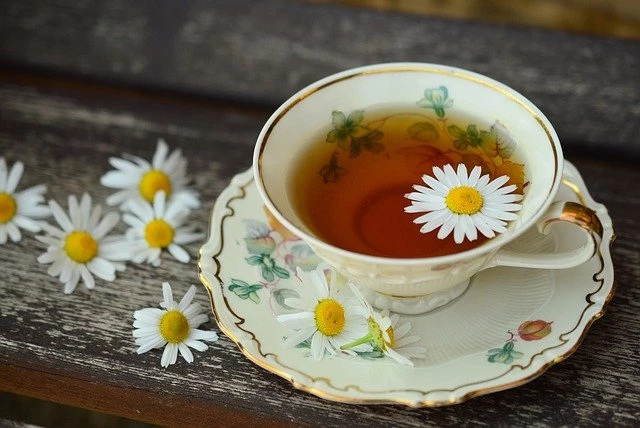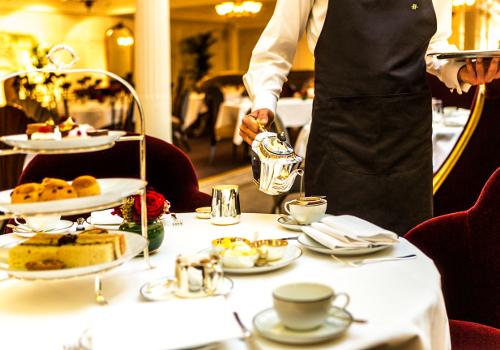Does Oolong Tea Have Caffeine?
Jan 13 2023 Tea Caffeine Content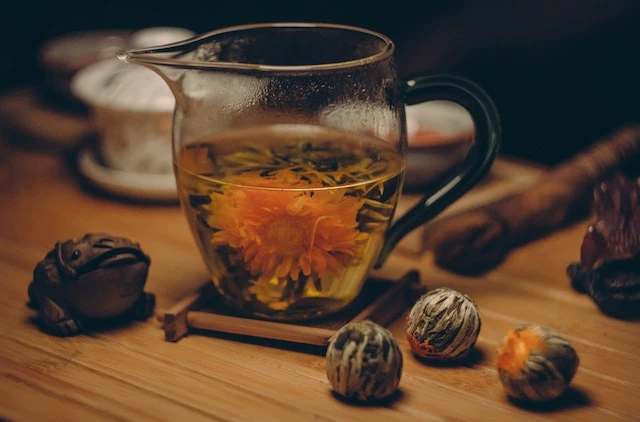
Oolong tea could be a conventional Chinese tea that’s made from the takes off of the Camellia sinensis plant. It is considered to be a semi-oxidized tea, meaning that the takes off are in part aged some time recently being dried. Oolong tea is known for its interesting flavor profile, which can run from botanical and light to dull and toasty, depending on the sort and preparing of the tea. In terms of caffeine substance, Oolong tea by and large contains less caffeine than a container of coffee, but more caffeine than green tea. The caffeine substance in oolong tea can change depending on the sort of oolong, the age of the takes off, and the brewing strategy.
What is Oolong Tea?
Oolong tea, too known as “wulong” or “dark winged serpent” tea, could be a conventional Chinese tea that’s made from the clears out of the Camellia sinensis plant. It is considered to be a semi-oxidized tea, meaning that the clears out are in part matured some time recently being dried. The level of oxidation can shift, coming about in a wide run of flavor and smell profiles.
It takes off regularly rolled, bent, or twisted, which permits for the interesting flavor of the tea to create. The flavor profile of oolong tea can run from flower and light to dull and toasty, depending on the sort and handling of the tea. A few oolong teas are intensely matured and have a dull, broiled flavor, whereas others are gently matured and have a more flower and fruity flavor.
Oolong tea is also known for its health benefits. It contains antioxidants, which can help to protect the body against damage from free radicals. It may also aid in weight loss, reduce the risk of heart disease, and improve bone health. In addition, Oolong tea can help to lower cholesterol levels, improve digestion and boost the immune system.
The tea is ordinarily brewed in hot water, the brewing temperature and time can shift. It can be brewed a few times, each brew will have a distinctive taste and smell. Due to its semi-oxidized nature, it can be put away longer than green tea but shorter than dark tea.
How Much Caffeine is in Oolong Tea?
So, yes oolong tea contains caffeine, however, the caffeine content in oolong tea can vary widely depending on a number of factors. The main factors that influence caffeine levels in oolong tea are the sort of oolong, the age of the clears out, and the brewing strategy.
The sort of oolong is one of the foremost imperative components in deciding the caffeine substance. Some oolongs are intensely matured, which comes about in the next caffeine substance, whereas others are gently matured and have a lower caffeine substance.
The age of the leaves can also affect caffeine content. In general, younger leaves contain more caffeine than older leaves. This is because caffeine is produced in the leaves as a defense mechanism against pests, so younger leaves will have more caffeine to protect themselves.
On average, an 8 oz cup of oolong tea contains about 12-55 mg of caffeine. In any case, it’s imperative to note that the precise caffeine substance can change depending on the brand and arrangement strategy, so it’s best to check the name or ask the merchant on the off chance that you’ve got concerns around caffeine admissions.
It’s too worth saying that other factors such as the origin, the height, the season, etc can influence the caffeine levels, so it’s difficult to grant a precise normal.
In comparison, an 8 oz cup of coffee typically contains 95-200 mg of caffeine, while an 8 oz cup of green tea usually contains 8-36 mg of caffeine.
What are the Benefits of Caffeine in Oolong Tea?
Caffeine, a stimulant, is naturally present in Oolong tea leaves and it can provide several benefits when consumed in a moderate amount. Some of the benefits of caffeine in oolong tea include:
Increased energy and alertness
Caffeine is a stimulant that can help to increase energy levels and improve mental alertness.
Improved physical performance
Caffeine can also help to improve physical performance by increasing the release of adrenaline, which can help to improve muscle contractions and endurance.
Enhanced mood
Caffeine can also help to improve mood by increasing the release of certain neurotransmitters such as dopamine and serotonin.
Increased focus and concentration
Caffeine can also help to improve focus and concentration by stimulating the central nervous system and increasing blood flow to the brain.
Reduced risk of certain diseases
Some studies have found that caffeine may reduce the risk of certain diseases such as Alzheimer’s disease and Parkinson’s disease.
Excessive caffeine intake can have negative side effects, such as anxiety, jitteriness, insomnia, and high blood pressure. So it’s important to consume it in moderate amounts. Check out all the teas that will help with anxiety and insomnia
Which Type of Oolong Tea has the Most Caffeine?
There are several types of oolong tea available in the market. Learn more about the best types of oolong tea here. Here are a few types of oolong teas that are known to have high caffeine content:
Wuyi Rock Oolong (Shui Xian)
This type of oolong tea is grown in the Wuyi Mountains in China and is known for its smoky, roasted flavor. It typically has a higher caffeine content, around 30-55 mg per 8 oz cup.
Tie Guan Yin (Iron Goddess)
This type of oolong tea is grown in China and is known for its floral, fruity flavor. It has a moderate caffeine content, around 20-40 mg per 8 oz cup.
Dong Ding (Frozen Summit)
This type of oolong tea is grown in Taiwan and is known for its honey and floral flavor. It has a moderate caffeine content, around 20-40 mg per 8 oz cup.
Milk Oolong (Jin Xuan)
This type of oolong tea is grown in Taiwan and is known for its creamy, milky flavor. It has a moderate caffeine content, around 20-40 mg per 8 oz cup.
Does Oolong Tea Have More Caffeine Than Coffee?
The caffeine substance of Oolong tea can shift depending on the particular assortment and the brewing strategy utilized. In any case, in common, Oolong tea contains less caffeine than coffee. A glass of Oolong tea regularly contains around 12-55 mg of caffeine, which is approximately half the sum found in a glass of coffee.
A commonplace glass of coffee contains around 95 mg of caffeine. In any case, the caffeine substance can change depending on the sort of coffee bean, the cook level, and the brewing strategy utilized. For case, a glass of moment coffee contains less caffeine than a container of brewed coffee.
It’s worth noticing that caffeine substance can moreover be influenced by brewing time. For case, on the off chance that you brew your Oolong tea for a shorter period of time, it’ll have less caffeine than on the off chance that you brew it for a longer period of time. So also, on the off chance that you brew your coffee for a shorter period of time, it’ll have less caffeine than in case you brew it for a longer period of time.
In common, Oolong tea contains less caffeine than coffee, but the precise sum can shift depending on the particular tea and brewing strategy utilized. In case you’re delicate to caffeine, it is vital to be mindful of the caffeine substance of the tea and coffee you’re consuming.
The Final Thoughts
In conclusion, Oolong tea is a traditional Chinese tea that falls between green tea and black tea in terms of oxidation. The caffeine content of Oolong tea can vary depending on the specific variety, the growing region, and the processing method. However, in general, Oolong tea contains less caffeine than coffee. The brewing method, and brewing time also affect the caffeine content. It’s important to be aware of the caffeine content of the tea and coffee you are consuming, especially if you are sensitive to caffeine.
Also, read our other articles about caffeine content!
Does Tea Have Caffeine?
Does Black Tea Have Caffeine?
Does Green Tea Have Caffeine?
Does Herbal Tea Have Caffeine?
Does White Tea Have Caffeine?
Does Rooibos Tea Have Caffeine?
Does Pu erh Tea Have Caffeine?
Does Sweet Tea Have Caffeine?
Does Iced Tea Have Caffeine?
Does Yerba Tea Have Caffeine?
Caffeine in Tea vs Coffee
